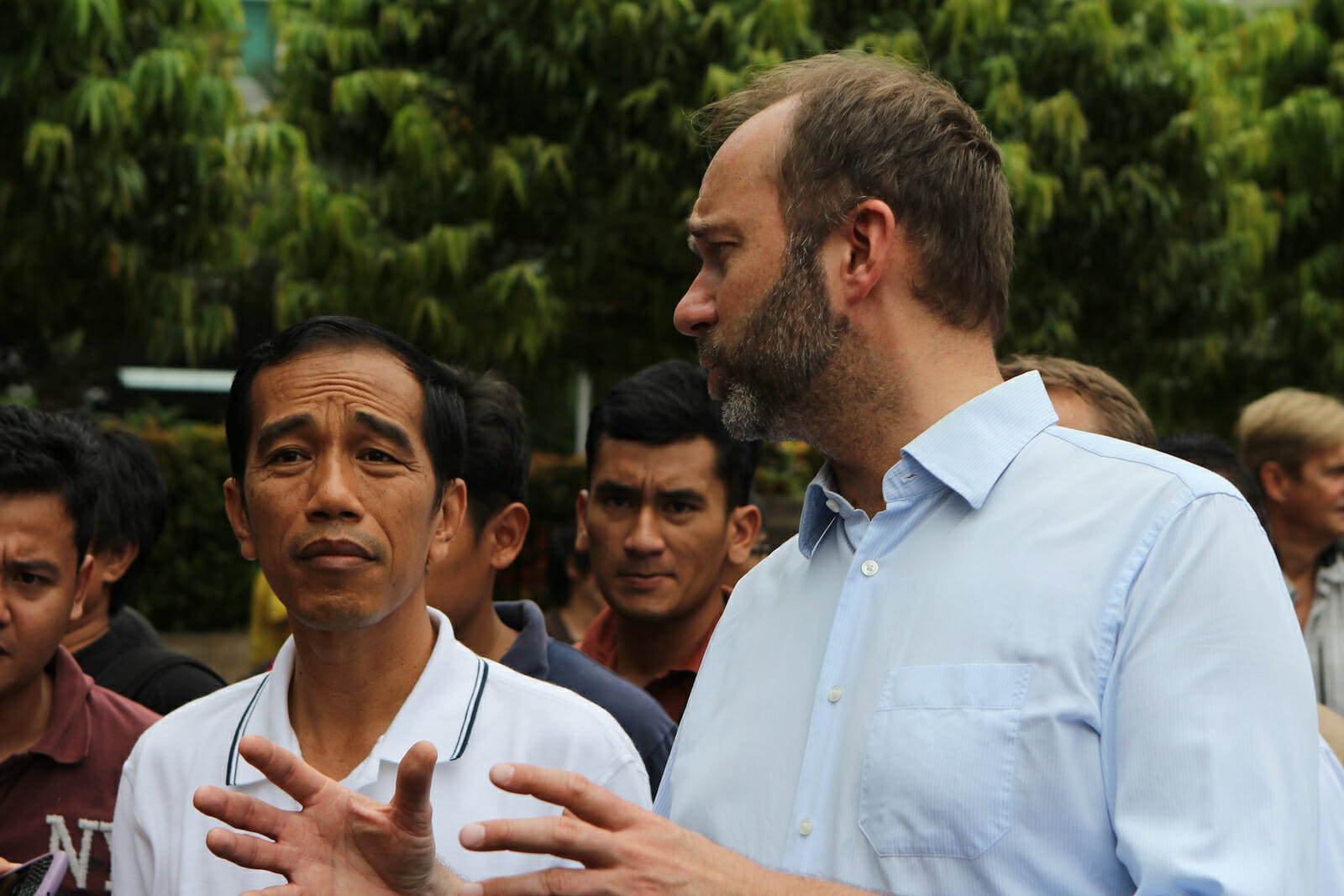
Why Indonesia Needs to Strengthen its Ties with Oman
Earlier this month, the United Arab Emirates embassy in Jakarta organized a high-level virtual dialogue in cooperation with the Indonesian Chamber of Commerce and Industry. Both sides reviewed their growing cooperation in various fields. Indeed, cooperation between Jakarta and Abu Dhabi has increased in recent years.
It is, however, important to note that in the midst of Indonesia’s cooperation with the larger Gulf countries, Jakarta’s ties with smaller regional states have been modest. Oman exemplifies this case. Hence, for several reasons, Indonesia should seek to strengthen its relations with Oman.
Economic ties between Jakarta and Muscat have been taking place at very modest levels. As the fourth most populous country in the world, Indonesia has been a market for Omani goods. Figures show that Oman has exported an array of products to Indonesia. Oman’s exports to Indonesia are dominated by hydrocarbons, chemicals, and metals.
Meanwhile, Oman is also one of Indonesia’s export destinations. Most of the products exported to Oman include motor vehicles, palm oil, veneers, and non-alcoholic drinks. However, trade remains minimal compared to Indonesia’s trade with other Gulf countries. Indonesia and UAE trade, for instance, amounted to $1.6 billion in 2018.
Two-way investments also exist between the two nations. The most notable Omani investments in Indonesia are in the agricultural sector and in natural gas filling and transportation stations.
Conversely, Indonesia has increased its foothold in Oman, notably with respect to energy exploration and production agreements. PT Medco Energy International, for example, has been operating its wholly-owned subsidiary Medco Oman LLC, which has a 55% participating interest in the Karim Small Fields.
Given that its own energy reserves are being depleted, Indonesia’s dependence on energy from the Gulf is expected to increase in the coming years. Medco was planning to acquire other assets in Oman and Indonesia’s national petroleum firm Pertamina was in negotiations with Oman for the takeover of petroleum and natural gas assets in the Sultanate. However, no agreement has been reached.
Despite this, these developments remain minuscule if compared with other Gulf countries. For example, Indonesia and the UAE have signed 11 business agreements, with a total value of $22 billion.
The two countries have solid reasons to further develop their economic ties.
Indonesia’s geographical position as Southeast Asia’s biggest economy should help convince Oman that it is a target for investment. At the same time, with a population of over 250 million people, Indonesia is a promising market for Omani exports.
For Indonesia, which has in recent years been looking to expand its consumer markets against a background of potential economic upheaval in Asia, Oman not only provides Indonesia with access to untapped export markets and worthwhile investment opportunities, but it also offers the opportunity to actually serve as a hub for economic expansion in the Gulf and the wider Middle East. Although it is Southeast Asia’s largest economy, Indonesia still needs to attract billions of dollars in investments to improve its fledgling economy, which has been enormously impacted by the pandemic.
The latest meeting between Indonesian and Omani officials to discuss the economic partnership indicates that the two countries recognize their respective importance. In addition, both countries’ chambers of commerce and industry signed a memorandum of understanding, which aims to explore investment opportunities and increase the trade volume between the two countries.
These strategies should be expanded to accelerate the economic ties between Jakarta and Muscat. One of the strategies that could be employed is strengthening socio-cultural ties, which would make the two countries more aware of each other.
Jakarta and Muscat have many commonalities which could cement their cooperation. A significant one is that both countries have been trying to present themselves as leading Muslim nations in regard to upholding the values of diversity and tolerance.
Such commonalities could be conveyed by means of socio-cultural cooperation. Although there have been ties in the socio-cultural sphere between Indonesia and Oman, they have been relatively limited. They have predominantly taken place in the form of tourism. In 2018, 26,376 Omani tourists visited Indonesia.
These numbers are likely to increase as Oman Air agreed to take part in the promotion of Indonesian tourism in the Sultanate. This initiative was taken after the introduction of a visa-free agreement between the two countries in 2019.
These initiatives should be utilized by both countries to increase exchanges among their people, not only in tourism. The number of Indonesian students pursuing education in Oman and vice-versa is not significant compared to other Gulf countries. Cultural events and activities which could help Indonesia and Oman to increase awareness about each other’s culture, norms, and ways of conducting business have also been limited.
In this context, as Jakarta and Muscat are currently working to strengthen their economic cooperation, more endeavors are necessary to overcome the linguistic-cultural barriers through socio-cultural cooperation, as it is believed that this will make the two countries closer, both politically and economically.

